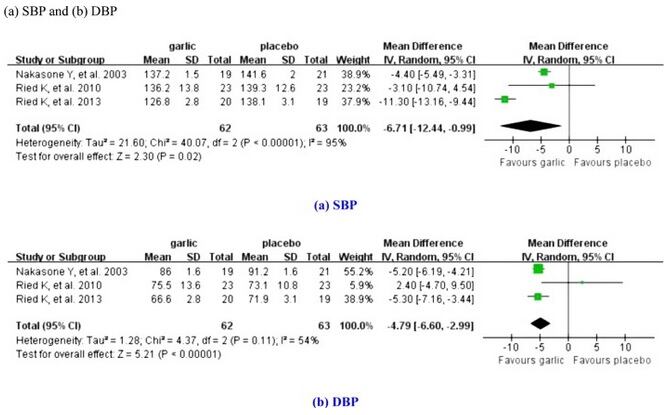Data published in Phytomedicine indicated that garlic supplements could reduce systolic and diastolic blood pressure by an average of 6.71 mmHg and 4.79 mmHg, respectively.
“The present meta-analysis suggests that garlic is an effective and safe approach for the management of hypertension, which may be an alternative therapy in patients with a history of AEs related to antihypertensive drugs,” wrote the authors.
Allicin
Consumer awareness of the health benefits of garlic, mostly in terms of cardiovascular and immune system health, has benefited the supplements industry, particularly since consumers seek the benefits of garlic without the odors that accompany the fresh bulb.
The benefits have been linked to the compound allicin, which is not found in fresh garlic; It is only formed when garlic is crushed, which breaks down a compound called diallyl sulphide.
Study details
Led by scientists from the China Academy of Chinese Medical Sciences, the authors searched PubMed, the Cochrane Library and EMBASE for appropriate articles and found seven randomized, placebo-controlled trials comparing garlic vs. a placebo in hypertensives.
Pooling the data indicated that, compared with placebo, garlic was associated with significant lowering of both systolic and diastolic blood pressure.
In addition, no serious adverse events were reported in any of the studies.
“A recent meta-analysis of 147 randomized trials totaling 958,000 people revealed that a reduction of SBP by 10 mmHg or DBP by 5 mmHg by any of the main classes of antihypertensive drugs reduces CHD events (fatal and non-fatal) by about a quarter and stroke by about a third, regardless of the presence of vascular disease and of BP before treatment and with no increase in non-vascular mortality (Law et al. 2009),” wrote the authors.
“Therefore, great economical and clinical benefit could be achieved with the significant BP-lowering effect of garlic. Importantly, the treatment duration of the included studies ranged from 8 to 12 weeks, and the maximum BP-lowering effects had been exerted at the end of the treatment.”

Garlic and heart health
The meta-analysis adds to the large body of science supporting the cardiovascular benefits of garlic. A recent meta-analysis, published in the Journal of the Science of Food and Agriculture (doi: 10.1002/jsfa.5557), concluded that garlic may also reduce cholesterol and triglyceride levels.
Researchers from Shandong University reported that, compared with placebo groups, garlic consumption is associated with a 5.4% reduction in cholesterol levels and a 6.5% reduction in triglyceride levels.
Garlic has been suggested to exhibit several health benefits, including inhibiting enzymes involved in lipid synthesis, decreasing platelet aggregation, preventing lipid peroxidation, and increasing antioxidant status.
Source: Phytomedicine
Volume 22, Issue 3, 15 March 2015, Pages 352–361, doi:10.1016/j.phymed.2014.12.013
“Garlic for hypertension: A systematic review and meta-analysis of randomized controlled trials”
Authors: X.J. Xiong, P.Q. Wang, S.J. Li, X.K. Li, Y.Q. Zhang, J. Wang
